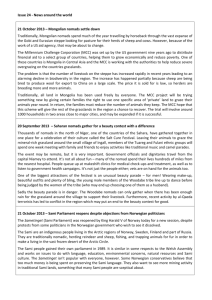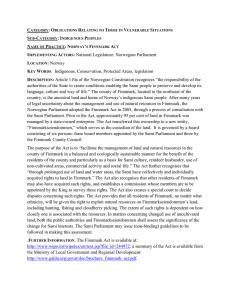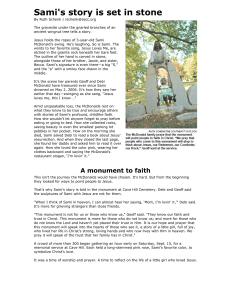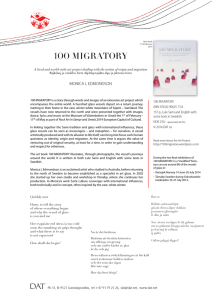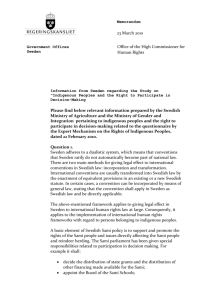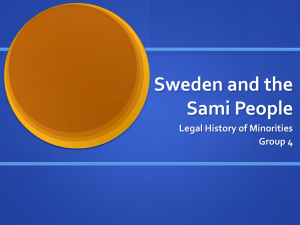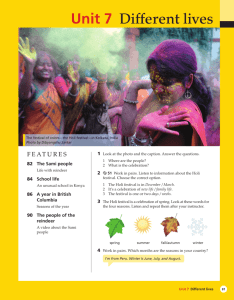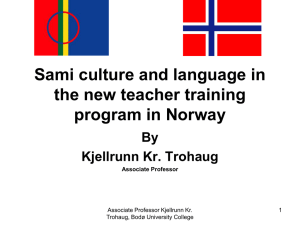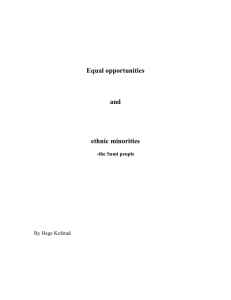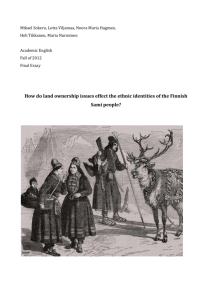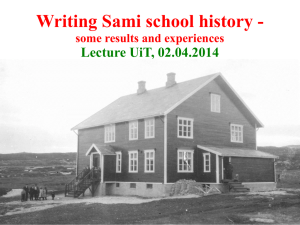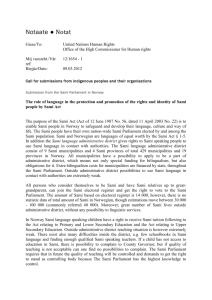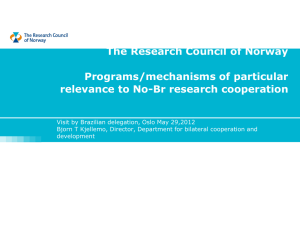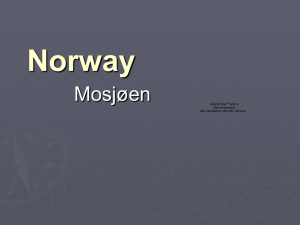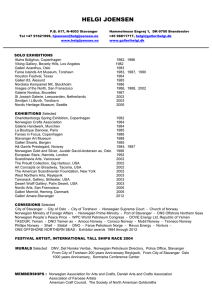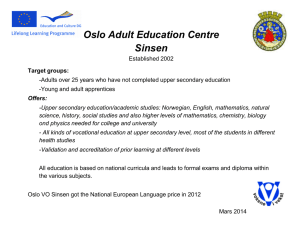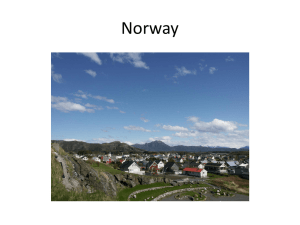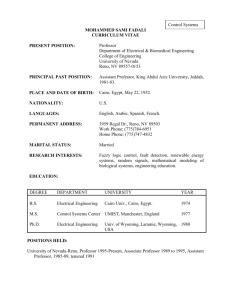Sami people – the indigenous people of the north
advertisement
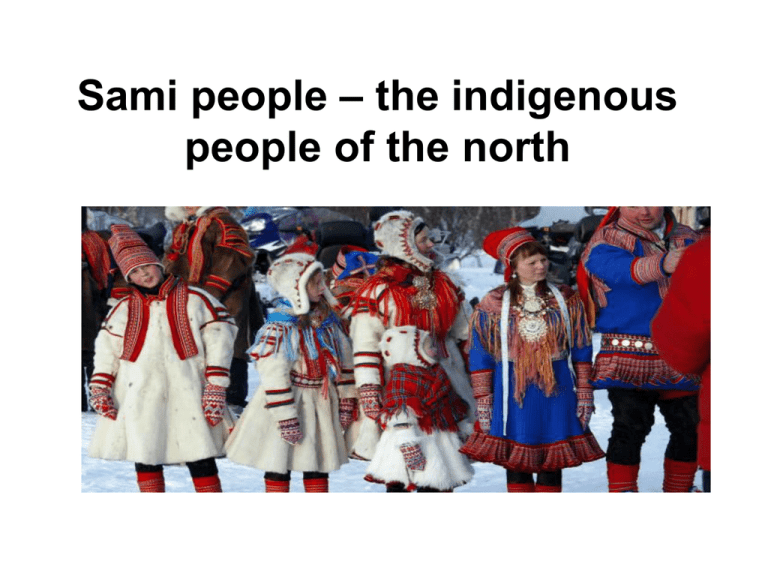
Sami people – the indigenous people of the north A single people in four countries • The Sami people live in four countries: Norway, Sweden, Finland and Russia. The total population in these four countries is estimated at approx. 80,000, of whom around half live in Norway. Slightly under half of these people talk Sami. I Norway, the Sami people live in almost all parts of Northern Norway, and in Trøndelag and in Femundsmarka in Hedmark. Political status • The Sami Parliament is the Sami people’s representative body in Norway and has appreciable authority on issues concerning culture, cultural heritage, reindeer farming and education. It also applies its influence on financial and business policy. The Sami language is used in nine municipalities, two counties and a range of state institutions. The language is official in Norway, but is not accorded the same prominence as Norwegian. Previously, the Sami people owned land and water communally, but the Norwegian state considered this state-owned land. Today, however, the Norwegian authorities consider the land and water in Finnmark to belong to the people of Finnmark. Similar transfers of ownership have been proposed for large areas in the rest of Northern Norway. For additional information, see www.sametinget.no. Bures boahtin! The language • The Sami people speak a language that is a member of the Uralic linguistic group along with languages such as Finnish, Estonian and Hungarian. Norwegian and other Indo-European languages are not related to the Sami tongue. The different languages • A total of nine different but closely related Sami languages are spoken in the Sami region. Today, three of these dialects are in active use in Northern Norway. Sami people from the south of Northern Norway can talk effortlessly to their nearest Sami neighbours in Sweden, but cannot communicate with Sami people from the far north. The dialect boundaries do not follow the linguistic borders, however, as most of the dialects are spoken in multiple countries. The Sami language is currently the major language in inner Finnmark and is also used in small communities in most parts of Northern Norway as well as in some environments in the Northern Norwegian towns. • The kindergarten and school is one of our most important social institutions. It is rooted in the past and would equip us for the future. The school and the teacher transmits knowledge, culture and values from one generation to the next. Competence primary community resource. Focus on school and education is therefore crucial that the Sami community to be developed in line with the Sami people's own visions, priorities and framework All Sami children have an individual right to Sami education in schools. Challenges: • Three out of five choose to use Norwegian although it would be possible to use Sami. • Lack of supply, learning materials, Sami teachers ++
